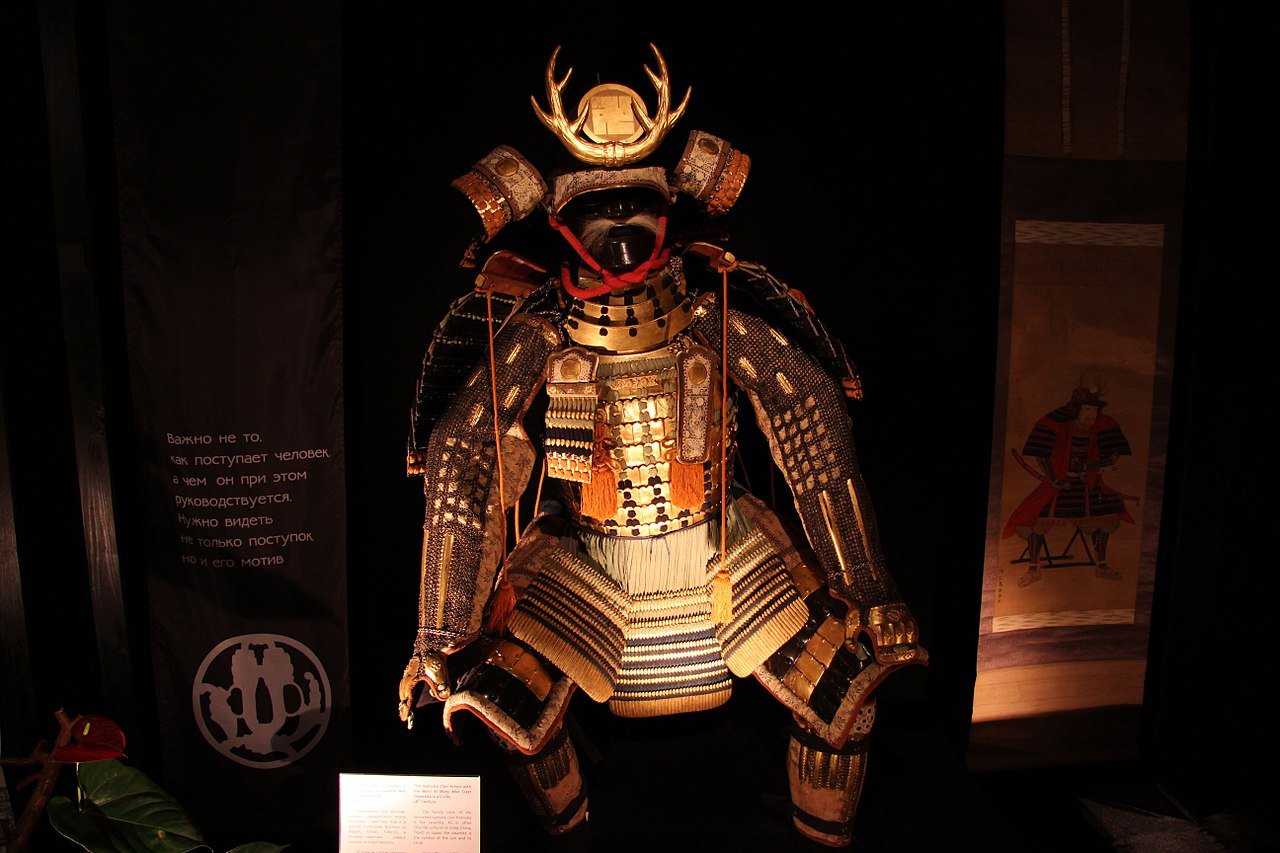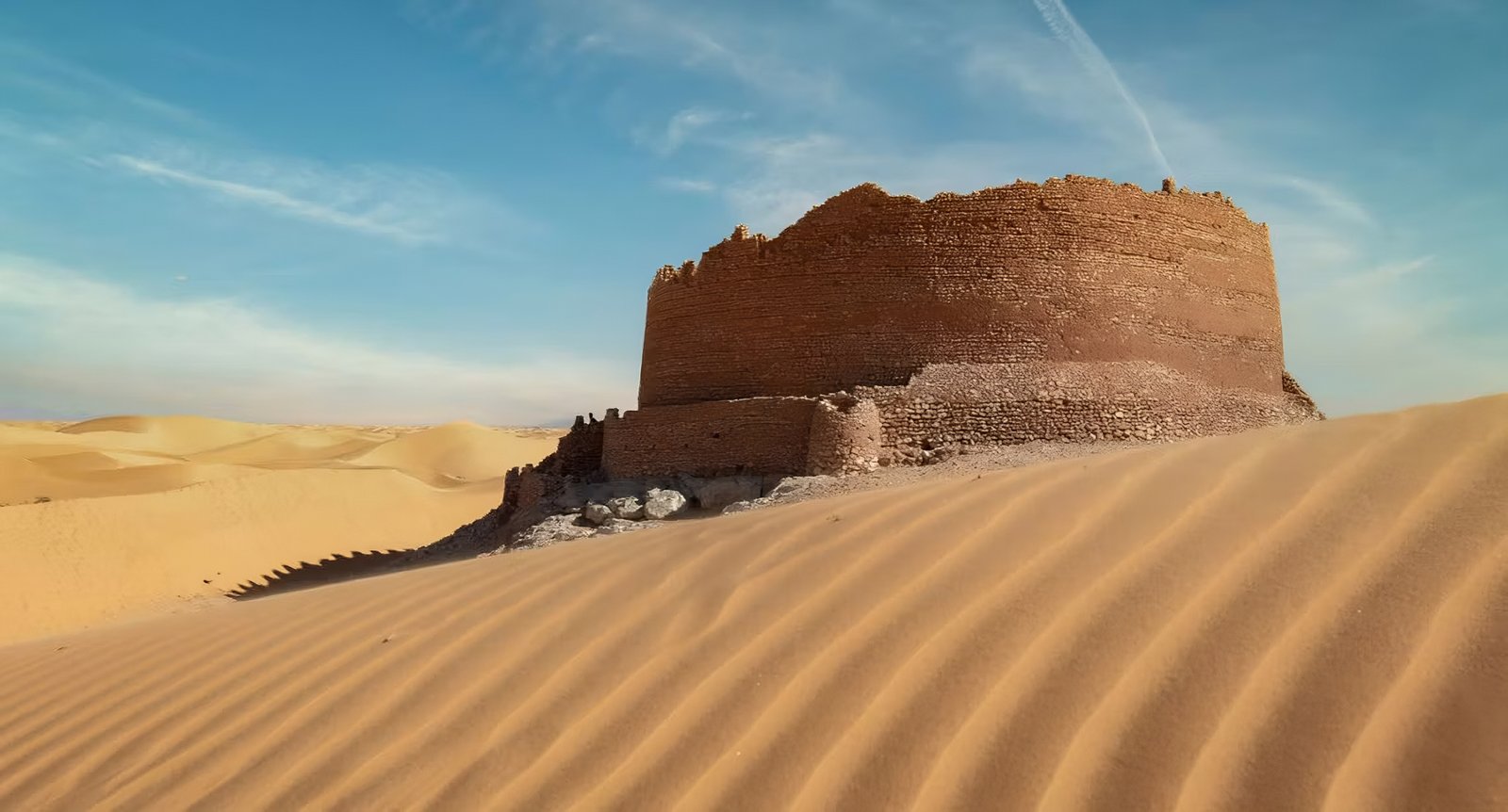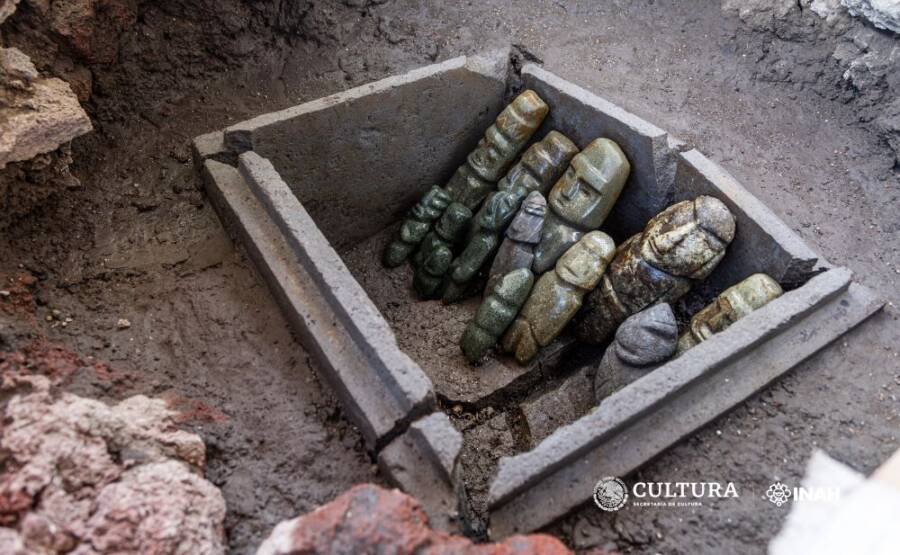Introduction: Embark on a Journey thru Ancient Narratives
Preamble to Greek Creation Myths: A Tapestry of Cosmic Origins
Greek mythology, a charming realm of gods, heroes, and fantastical creatures, has captivated the human creativeness for millennia. At the coronary heart of this complex tapestry lies the enigmatic concept of introduction myths, tales that try and get to the bottom of the origins of the universe, the beginning of the gods, and the repute quo of the cosmos.
Significance of Understanding the Origins of the Gods: A Glimpse into Ancient Beliefs and Values
Understanding the origins of the gods in Greek mythology isn’t surely an exercise in ancient hobby; it’s miles a profound exploration of historic beliefs, values, and worldview. These myths provide insights into the Greek notion of the cosmos, their courting with the divine, and the forces that lengthy-established their information of the arena.
The Allure of Ancient Narratives: Exploring the Enduring Power of Myth
The appeal of Greek introduction myths lies in their functionality to move us to a time on the same time as the limits among the mundane and the divine blurred. These narratives provide a glimpse into the human choice to recognize the origins of life, to locate that means and purpose in a worldwide packed with mystery and uncertainty.
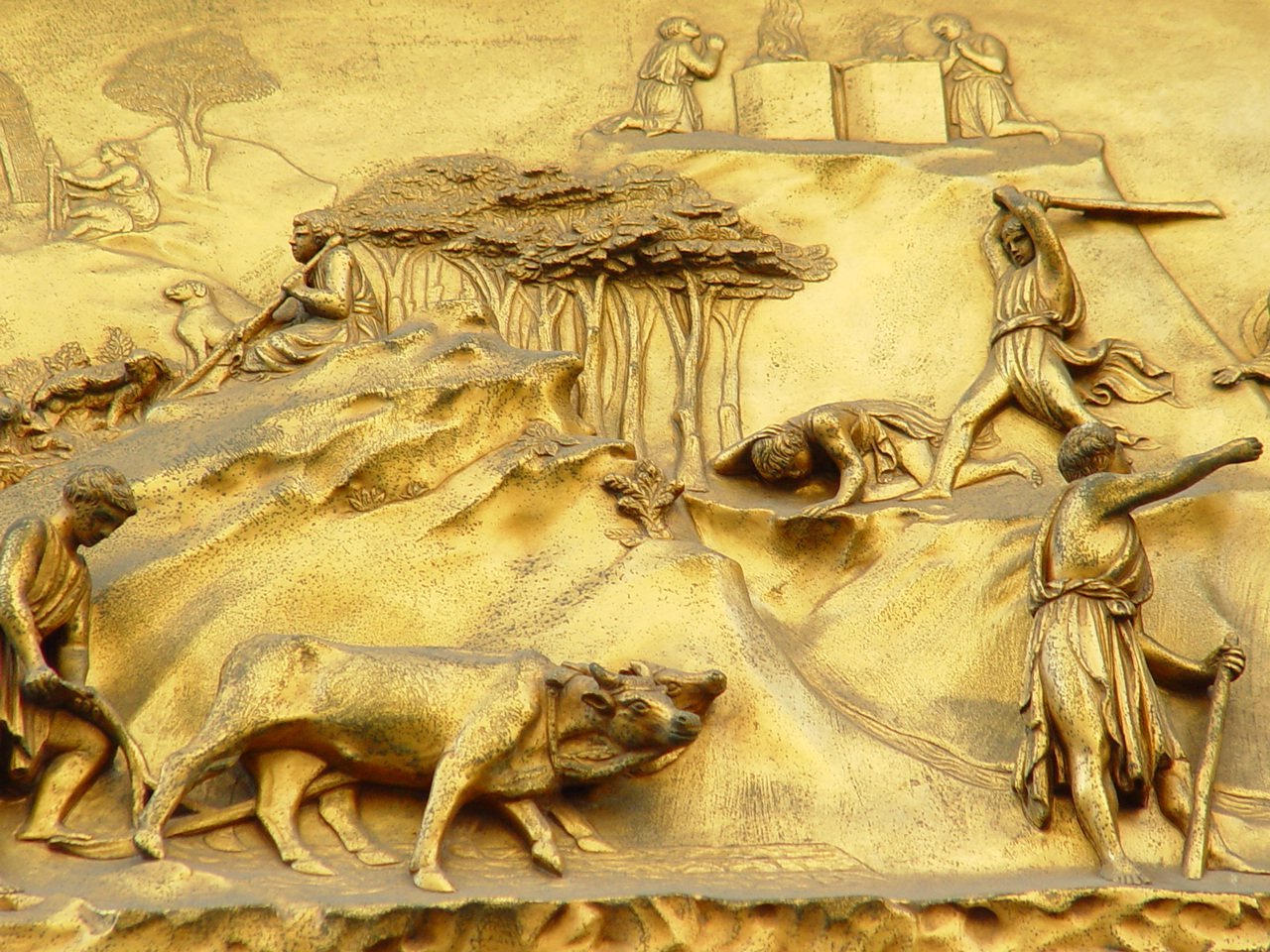
Delving into the Depths of Greek Creation Myths: Unraveling the Tapestry of the Gods’ Origins
Chaos: The Primordial Abyss
The Emergence of Chaos: A Yawning Void of Infinite Potential
At the very starting, earlier than the place as we recognize it emerged, there existed most effective Chaos, a huge, formless void, a boundless expanse of nothingness. From this primordial abyss, the universe can also ultimately take form, giving upward thrust to the cosmos, the gods, and the entirety of life.
The Birth of Gaia: Earth Mother, the Foundation of the Cosmos
Amidst the swirling chaos, Gaia, the Earth Mother, emerged, a primordial goddess embodying the earth itself. Gaia, a effective and nurturing entity, furnished the foundation upon which the sector might be built.
The Emergence of Eros: Love, the Catalyst for Creation
From the depths of Chaos, Eros, the personification of love, additionally emerged. Eros, an airy and sturdy stress, ignited the spark of introduction in the void, placing the degree for the begin of the gods.
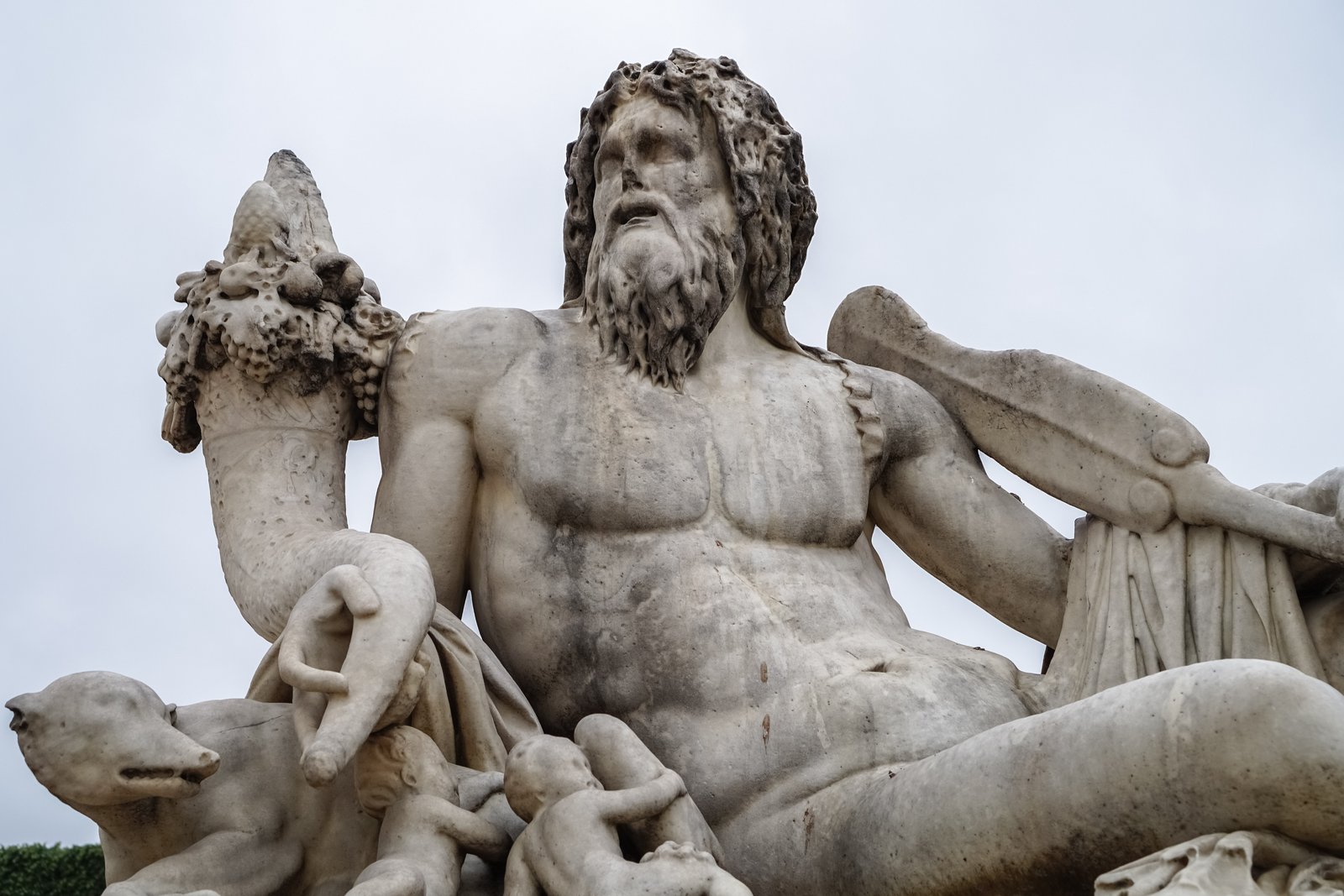
The Titans: The First Divine Dynasty – Greek Creation Myths
The Reign of Cronus and Rhea: A Golden Age and a Prelude to Conflict
As the universe continued to conform, the Titans, a powerful lineage of gods, ascended to prominence. Cronus, the youngest Titan, became the great ruler, main a golden age marked thru peace and prosperity. However, Cronus’s worry of being overthrown with the aid of his personal children sowed the seeds of struggle.
The Birth of the Olympian Gods: A New Generation of Divine Power
Despite Cronus’s attempts to thwart future, his children, the Olympian gods, sooner or later emerged. Led through Zeus, the youngest Olympian, the gods rebelled closer to Cronus’s tyranny, ushering in a contemporary technology of divine rule.
The Great Titanomachy: A Clash of Titans and Olympians
The warfare among the Titans and the Olympians culminated in the Great Titanomachy, a colossal battle that shook the very foundations of the cosmos. After a fierce warfare, the Olympians emerged effective, banishing the Titans to the depths of Tartarus, the underworld jail.
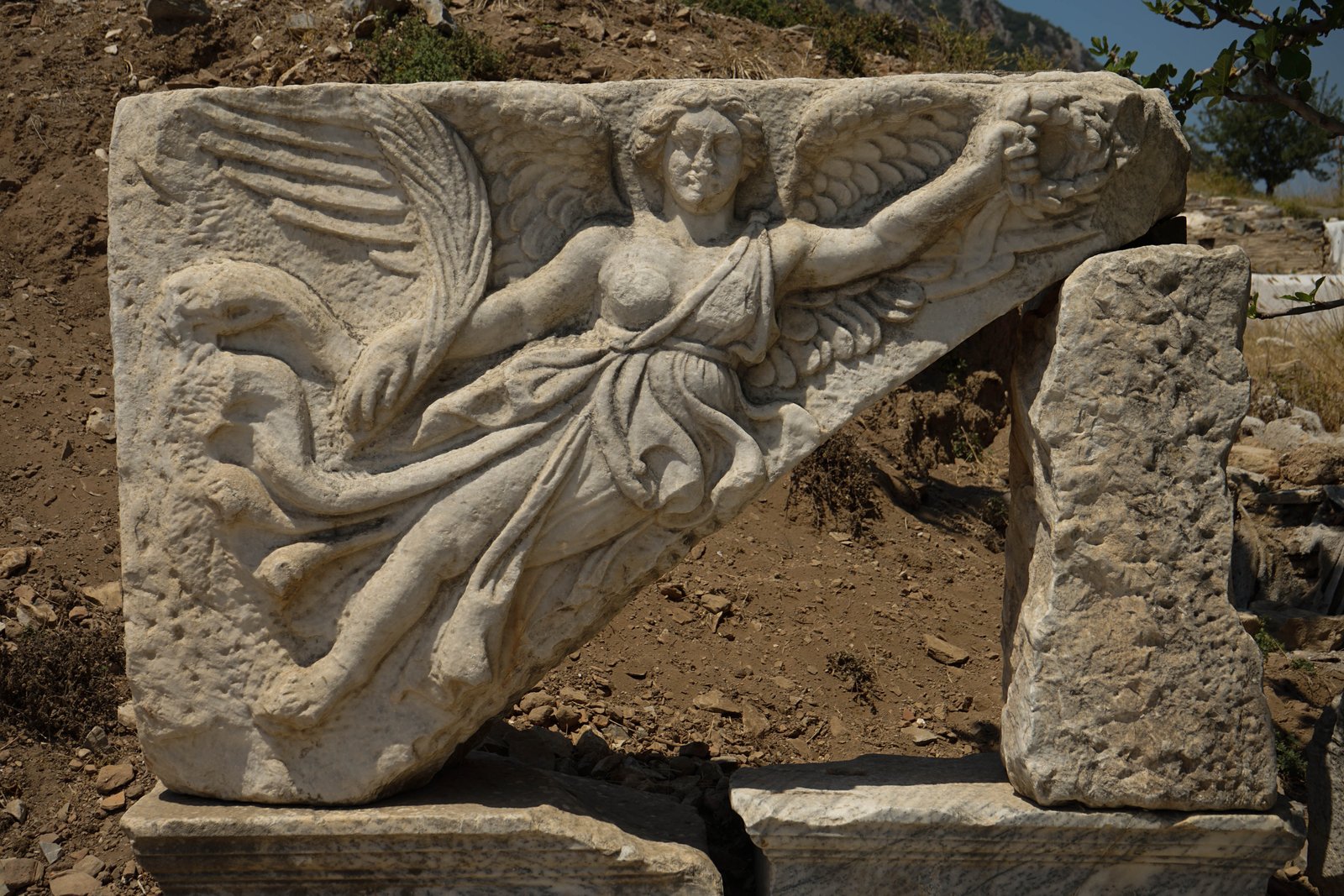
The Olympian Gods: A Pantheon of Majestic Personalities – Greek Creation Myths
Zeus: The Mighty Sky Father, Ruler of the Gods
Zeus, the youngest of the Olympian gods, have become the final ruler, organising Mount Olympus as his celestial throne. Zeus, a effective and sensible chief, embodied regulation, order, and justice.
Hera: The Queen of the Gods, Guardian of Marriage and Family
Hera, Zeus’s partner and sister, reigned as the Queen of the Gods. Hera, a effective and dignified parent, became respected as the protector of marriage, girls, and own family.
The Other Olympian Gods: A Diverse and Powerful Assembly
The Olympian gods encompassed a wonderful array of personalities and domain names, every with their very private precise powers and attributes. Poseidon, the god of the ocean, commanded the giant oceans and earthquakes. Athena, the goddess of knowledge and warfare, embodied strategic prowess and knowledge. Apollo, the god of light, music, and recovery, illuminated the world along collectively together along with his radiant presence. Artemis, the goddess of the quest and the moon, traversed the desert with grace and ability. Ares, the god of battle, embodied the untamed ferocity of warfare. Aphrodite, the goddess of love
Cronus and Rhea: The Titan Heir – Greek Creation Myths
Cronus’s Rise to Power
In the world of Greek mythology, Cronus, the youngest of the Titans, emerged as a effective discern, destined to shape the route of divine records. His father, Uranus, the primordial god of the sky, feared being overthrown via the use of his youngsters, important him to imprison them in the depths of Gaia, the Earth Mother. Cronus, witnessing his siblings’ future, resolved to break the cycle of tyranny. With the beneficial useful resource of his mom, Gaia, Cronus ambushed Uranus, seizing control of the cosmos. Thus started the reign of the Titans, a golden age marked with the aid of peace and prosperity. However, Cronus, haunted via his father’s prophecy of being overthrown via his private offspring, launched into a path of relentless fear and destruction.
Rhea’s Role as a Titaness and Mother
Rhea, the Titaness of fertility, motherhood, and generation, have turn out to be Cronus’s wife and queen. Despite their union, Rhea harbored a deep-seated worry for the protection of her youngsters. Aware of Cronus’s prophecy, Rhea sought methods to defend her offspring from their father’s wrath. As Rhea gave start to her kids, Cronus, ate up through paranoia, swallowed each one entire, believing it’d prevent his prophesied downfall. Yet, Rhea, pushed with the useful resource of maternal love and determination, devised a plan to shop her youngest child, Zeus.
The Inevitability of Generational Conflict
Rhea, with the assist of Gaia, tricked Cronus into swallowing a stone wrapped in swaddling garments in place of the infant Zeus. Zeus, hidden away in protection, grew to maturity, harboring a deep resentment towards his father for his movements.
Guided through Rhea and Gaia, Zeus again to confront Cronus, armed with a cunning plan. Zeus tricked Cronus into drinking a potion, forcing him to regurgitate his swallowed siblings. United, the Olympian gods waged warfare in competition to the Titans, known as the Titanomachy, a significant conflict that shook the concepts of the cosmos.
Titanomachy: The Epic Battle – Greek Creation Myths
The Clash among Titans and Olympians
The Titanomachy, a decade-lengthy struggle many of the Titans and the Olympians, stands as one of the maximum pivotal activities in Greek mythology. This epic warfare, fueled by means of generational strife and a warfare for divine supremacy, reshaped the cosmic panorama, ushering in a present day era of divine rule.
The seeds of the Titanomachy had been sown inside the depths of worry and paranoia. Cronus, the Titan ruler, ate up by means of way of a prophecy foretelling his overthrow with the aid of his very personal offspring, released into a relentless route to protect his reign. He wolfed each of his youngsters as they had been born, believing it would save you the prophecy from coming to fruition.
However, Rhea, Cronus’s wife, pushed through maternal love and resolution, orchestrated a plan to store her youngest infant, Zeus. She tricked Cronus into swallowing a stone wrapped in swaddling garments in place of the toddler Zeus. Hidden away in safety, Zeus grew to maturity, harboring a deep resentment towards his father for his movements.
Zeus’s Cunning Strategy and Victory
Guided through Rhea and Gaia, Zeus again to confront Cronus, armed with a cunning plan. He tricked Cronus into ingesting a potion, forcing him to regurgitate his swallowed siblings. United, the Olympian gods waged conflict in the direction of the Titans, called the Titanomachy, a vast warfare that shook the principles of the cosmos.
Zeus, wielding his thunderbolts and strategic prowess, emerged due to the fact the leader of the Olympian forces. He verified super leadership, inspiring his siblings and allies to fight for a global free from Cronus’s tyrannical rule. The Titanomachy raged on for a decade, with every components displaying massive energy and determination. However, the Olympians, led with the resource of Zeus’s foxy approach and unwavering clear up, ultimately prevailed.
Ramifications of the Titanomachy
The Titanomachy marked a turning detail in Greek mythology, leaving an indelible mark at the cosmos and the divine hierarchy. The a fulfillment Olympians ascended to Mount Olympus, setting up their dominion over the heavens and the region beneath.
The defeat of the Titans signified a shift in cosmic energy, marking the give up of a technology and the start of a ultra-modern one. The Olympians, led with the beneficial useful resource of Zeus, installation a brand new order, imposing justice and keeping balance inside the universe.
The Titanomachy furthermore served as a cautionary story, highlighting the risks of unchecked energy and the outcomes of fear-pushed movements. Cronus’s paranoia and everyday pursuit of self-protection in the end delivered on his downfall, emphasizing the significance of facts, compassion, and justice on pinnacle of things.
Conclusion – Greek Creation Myths
Greek Creation Myths offer a charming glimpse into the historic Greek worldview, providing insights into their beliefs about the origins of the universe, the nature of the gods, and the installed order of cosmic order. These myths are not genuinely reminiscences of the past; they hold to resonate with us in recent times, imparting undying troubles of strength, war, and the look for meaning in a complex global.
FAQs
What is the importance of Greek introduction myths?
Greek introduction myths are notable for several motives:
- They provide insights into the historic Greek worldview and their information of the cosmos.
- They offer motives for the origins of the universe, the gods, and humanity.
- They mirror the values and ideals of historic Greek society.
- They hold to encourage and captivate audiences in recent times with their undying issues and vibrant storytelling.
Who are the number one gods in Greek introduction myths?
The crucial gods in Greek advent myths encompass:
- Chaos: The primordial abyss from which the universe emerged.
- Gaia: The Earth Mother, the inspiration of the cosmos.
- Eros: The personification of love, the catalyst for advent.
- Cronus: The Titan ruler who swallowed his youngsters.
- Rhea: The Titaness who stored Zeus from his father.
- Zeus: The notable ruler of the Olympian gods.
- Poseidon: The god of the ocean and earthquakes.
- Hades: The god of the underworld.
- Hera: The Queen of the Gods, goddess of marriage, ladies, and circle of relatives.
- Demeter: The goddess of agriculture and fertility.
- Hestia: The goddess of the fireplace, home, and circle of relatives.
What are a number of the common subjects in Greek advent myths?
Some of the commonplace troubles in Greek creation myths encompass:
- The origins of the universe and the gods: These myths attempt to give an reason for the way the universe got here into being and the manner the gods emerged from the primordial chaos.
- The war amongst order and chaos: Many advent myths characteristic a struggle between forces of order and chaos, reflecting the ancient Greek belief inside the balance of opposing forces.
- The strength of love and advent: Eros, the personification of love, is regularly seen due to the reality the catalyst for advent, emphasizing the importance of love within the cosmic order.
- The function of destiny and destiny: The concept of destiny performs a exceptional feature in masses of introduction myths, highlighting the belief that certain sports are predetermined.
- The human situation: These myths frequently find out human emotions, motivations, and struggles, reflecting the undying problems of human existence.


